The time’s come.
India galvanises herself for the prime ministerial elections once again post-independence.
Politics as a subject of discussion has always fascinated me. It is, In my view the most important matter for intellectual warfare for any individual.
But there is nothing scientific about it, or is it?
We have to deal with political science as a subject if we delve into the nitty-gritty of the subject.
Art is expression, aesthetics, creativity personified. Science is verified, tried and tested rational observations. So, politics might not come under the arts per se. The ancient Greeks, like Plato, espoused for a system of government where kings are nurtured in such a manner that they blossom to become philosophers or philosophers themselves become kings. Even in India, Chanakya is regarded as the custodian of the Mauryan empire perhaps the grandeur of which might not be paralleled by any authentic source since humans became timekeepers. (and supposedly thought world never existed before them.
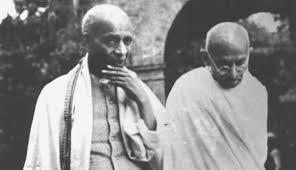
But as the present day and age have evolved the politiks have evolved to be more artistic. Democracy has to be the protector and preserver of such a school of thought.
But the policy of replacing a dynasty with a leader elected by the people themselves as ‘one of us’ has some challenges. One is the that even democratically, dynasts have the fame and the name to be elected. This generally happens.
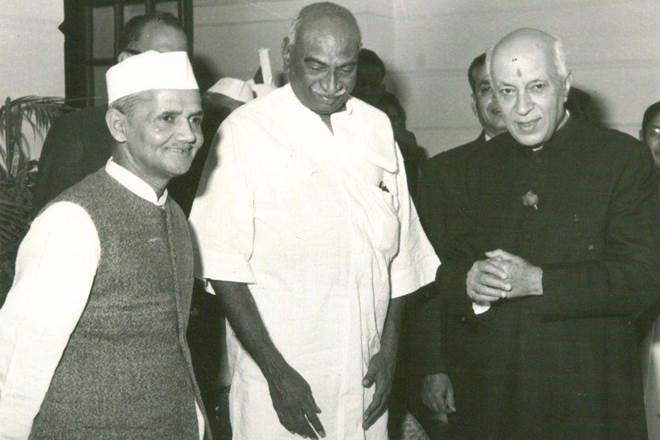
Also, in order to be selected the leaders often come up with tips and tricks to disintegrate people for their personal gains. They might resort to fake atrocity literature, distorted facts, half-truths to dissuade people from real issues in public discourse and to seek after doling out remuneration (not from their pockets).
The matters of the 21st century must be overpopulation, climate change, tackling AI/ML etc. For a sustainable future (and not just a conference in Davos or the Alps and another tomfoolery which we have done in the past).
These are some commonplace insights. Other things we might notice that in order to proclaim their belief systems, the representatives’ political parties may / may not support their own party.
As is the example, of the referendum (s) during Brexit where people from their own labour party opposed the PM Theresa May. Sadly, this is not the case in India. The feudal system with which the Europeans have left us is ingrained in the psyche of all of us.
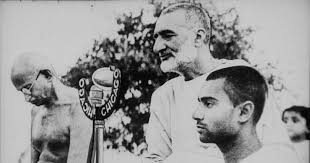
Also, the rule of the majority is no proof of what they want or know is beneficial for them. With the propagation of fake news and other social media, vulnerabilities have had grave consequences in countries like the US, so India is no different here.
Muscle power and Money and celebrity fame are often used as an effective tool to win elections. Democracy is: fools have the right to vote and right to rule. But this story is not about the pros and cons of Democracy.
This is what you want it to be.
2014, was a historic moment for Indian politicians, not because one party got more than 50% majority after almost 30 years(in wake of the assassination of a top leader), but for the first time India had a leader that was ‘pan India’(Bharatiya) and from the roots of the country which he was about to govern after maybe Prithviraj Chauhan and other small kingdoms in India.(which have little mention in textbooks)
After him, there was the rule of invaders, the pan Indians were busy fighting them or being oppressed by them. Then the famous colonizers broke the very backbone of this civilization.(whether the bone is mended or not is another topic)
But yes, it was a happy ending or not we got independence(But Swaraj or not, is yet another topic). We had to pay a price for it, in many forms too, it still haunts us, but okay we are sovereign.
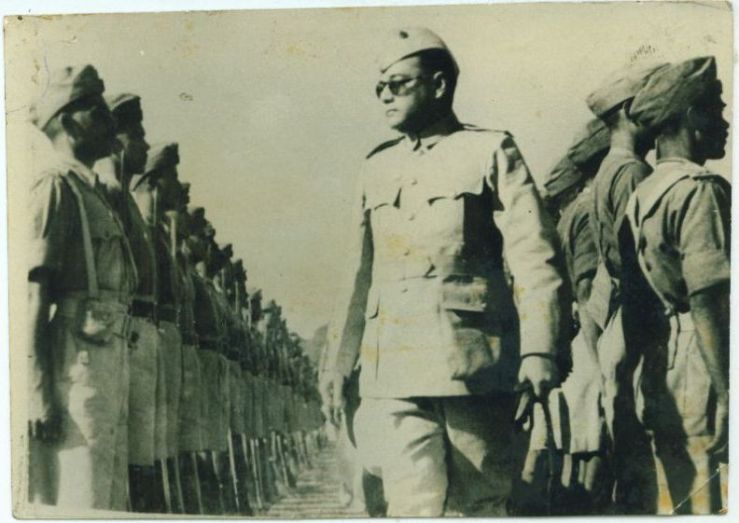
After independence, the leadership was replaced by some Brits with Bharatiya names having little to no connection with the very essence with it managed to preserve itself(after the losses of innumerable lives, knowledge systems, land, architecture, manuscripts, and what not again separate topic) after havoc from the 7th century. (after the conquest of Sindh)
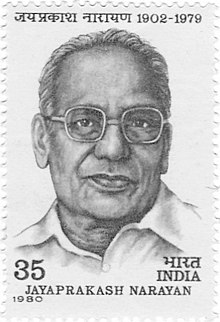
Some Bhartiyas came about, but the situation at that time was very nascent and motherly affection was needed more than the determined march past the post in the race to be a global leader.
But the irrevocable damage in the morals of the society was already prevalent and perceivable too.
Then came about the rise of the political party which is ruling party now. Then again, if you have wanted to change, you have to work for it.
But people make mistakes, but there were no second chances then.
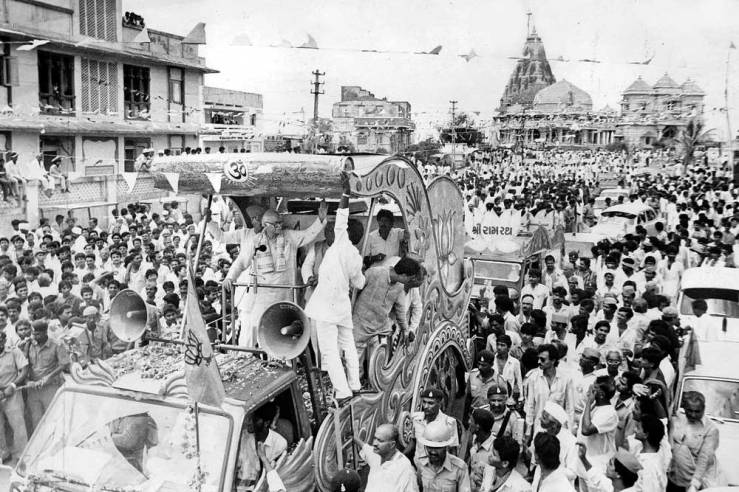
After the coalition fiascos in the 90s kids decade, it was a stable government, which lasted 5 years but never got the complete majority.
So, coalition politics also lead to the coalition of benefits to parties, and their ulterior motives.
2012 saw an upsurge in the suppressed voice of the Bharatiyas which is not subjected to the cushions of articles in national and international dailies, economic policies in their big busty multiplex offices, journalistic newsrooms (who claim to represent the country, often ignorant, apathetic and alienated of the very people they claim to represent or cater to). This is accepted to not to be the case with politicians as they come from the people, but well this not a la la land.
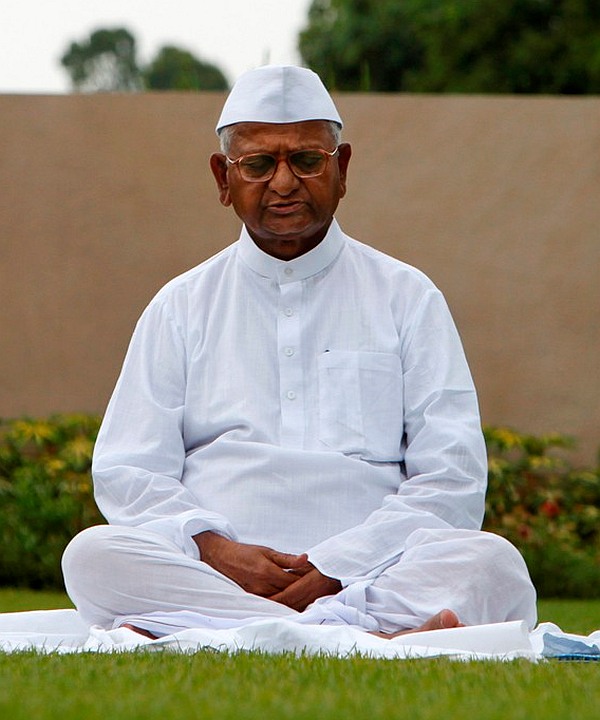
2014-2019 is a special period. The quality of work, the ethics of practices, allegations of corruption, alleviation from distress, investments in capital and technology, the feasibility of international trade, the making of swadeshi products and people, foreign policies is the matters of interest for morons who quib and scrabble amount minutest of things.
Although intense endeavours are necessary for being politically aware if not politically educated.
We must think of what we want and what the nation wants. Our one vote in the national interest and personal right will surely have results for a better and progressive nation-state. Because we not only elect our leader but also for the country as a whole. Our own shortcomings have cost us some prime ministers that India would have had(should/or shouldn’t is then again subjected to the Cacophonies of quarrels over half-truths, namesake claims and presumptions of our own people who haven’t yet developed mental faculties of a higher order)
Every society deserves the politics that it chooses to govern itself.
{This is a tribute to some prime ministers India never had:
“Netaji” Subhash Chandra Bose, Unified Bengal(now parts in Bangladesh)
“Sardar” Vallabhbhai Patel, Gujarat
Khan Abdul Ghaffar Khan “Badshah Khan” “Frontier Gandhi”, North West Frontier Province(now part of Na-Pakistan)
K.Kamaraj, Tamil Nadu
Jai Prakash Narayan, Bihar
Lal Krishna Advani, Sindh(now part of Na-Pakistan)
Anna Hazare, Maharashtra}